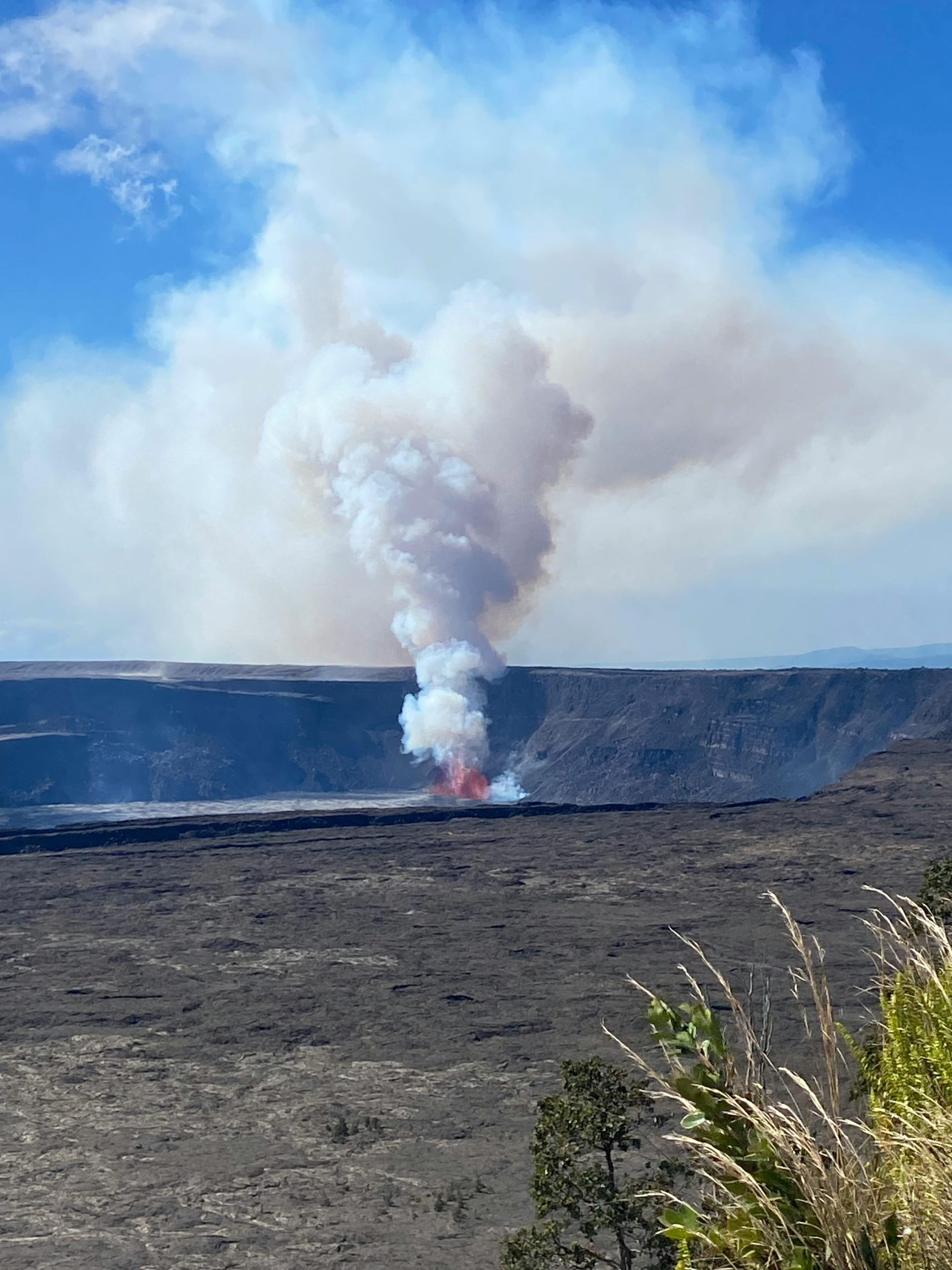Dealing with Vehicle Damage from a Drunk Driving Incident: Navigating Insurance Options During a Network Outage
Unexpected accidents can happen at any time, and when they do, the process of repairing your vehicle and dealing with insurance providers can become complicated—especially when technical issues are involved. Recently, I encountered a situation where my parked car was hit by a drunk driver, and I faced a dilemma regarding how to proceed with repairs and insurance claims.
The Incident:
While I was asleep, a driver under the influence crashed into my parked vehicle. Thankfully, law enforcement apprehended the individual and provided me with their insurance details. Unfortunately, it turns out that their insurer, Erie Insurance, is currently experiencing a significant computer outage—likely due to a ransomware incident or a similar technical disruption. Reports suggest that their operational systems may be down for an extended period, possibly weeks, which could slow down claims processing and vehicle repairs.
The Challenge:
With Erie’s systems temporarily offline and paper-based processes in place, I’m concerned that waiting for their claim to be processed will postpone repairs and keep my vehicle out of commission much longer. Given the urgency, I am contemplating whether it’s advisable to use my own collision coverage—specifically, Geico’s insurance—to expedite repairs. The idea is to get my car fixed promptly and then let Geico pursue reimbursement from Erie once their systems are back online.
Considerations:
- Should I proceed with using my collision coverage for immediate repairs to minimize downtime?
- Will waiting for Erie’s reimbursement introduce long delays?
- Are there risks or drawbacks to this approach that I should be aware of?
- How does the deductible factor into this plan, and what are my chances of recovering that amount later?
Advice for Policyholders:
In situations like this, it’s important to weigh the benefits of swift repairs against the potential hassle of reimbursement delays. Generally, utilizing your own insurance to handle repairs promptly is a sensible course of action, especially when dealing with accident circumstances that involve third-party liability. Most insurers are accustomed to handling subrogation claims—they will work to recover costs from other providers on your behalf once the claim is settled.
Final Thoughts:
While every situation is unique, opting to use your own collision coverage can often be the best way to ensure timely repairs, especially when the at-fault party’s insurer is temporarily inaccessible. It’s recommended to contact your insurance agent to confirm that this approach aligns with your policy terms and to understand the process for reimbursement.
In any case, staying



